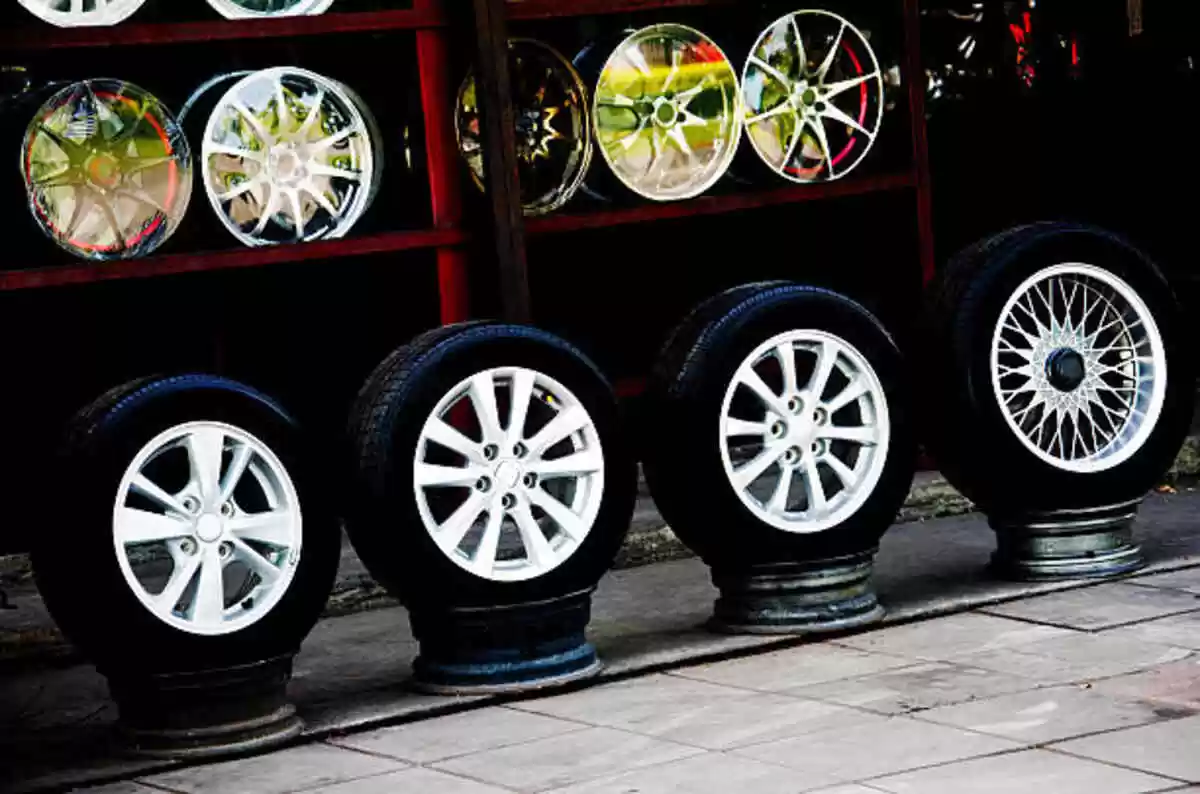The adoption of an open freight data exchange standard could reduce global carbon emissions approximately 22 percent by 2050 and eliminate 2.5 billion barrels of oil per year, according to a report issued Tuesday by the Coalition for Reimagined Mobility.
Clean fuel use and electrification are not enough to completely decarbonize the freight sector in the time required by the Paris Agreement, according to the report. Finding ways to improve operational efficiencies and reduce port congestion can provide further gains.
One hindrance is a lack of data standardization.
“Currently, we are using a patchwork of tools from fax machines to emails to phone calls to websites to facilitate our supply chains, which includes dozens and dozens of stakeholders for any one good,” Marla Westervelt, vice president of policy for the coalition, said Monday during a press conference previewing the report’s findings. “We found that through the process of digitalization, which is the transition from manual processes to software-driven processes, we would be able to not only reduce emissions within the supply chain, but also enhance the resiliency of our system.”
The report used modeling from the International Transport Forum. It said freight data exchange standards are “open or freely available technical specifications that define how to share critical information to seamlessly facilitate global freight logistics.”
Standardizing freight data exchange would improve stakeholder coordination and “support software-enabled communication” throughout the global supply chain, said the report, which noted the efforts had the potential to reduce sea freight emissions by 280 million tons of carbon per year and road freight emissions by 360 million tons.
The Coalition for Reimagined Mobility is a global collaboration between industry, government and academic leaders attempting to improve the movement of people and goods. It’s an independent project of Securing America’s Future Energy, a Washington, D.C., think tank looking to establish American energy independence.
The report gave five recommendations for policymakers to implement the use of standardized freight data. The recommendations include passing legislation that requires the implementation of freight data as a requirement to access ports; funding third-party groups that could communicate operational data in real time; prioritizing funding for port projects to realize emission reduction benefits; allocating funding to industry stakeholders to deploy data exchange standard pilots and projects; and giving authority to national governments and ports to mandate freight data exchange standards.
“We need a comprehensive plan of action to decarbonize our global freight sector,” Mary Nichols, co-chair of the coalition, said in a statement. “Business as usual is not an option. As we transition to increasingly lower carbon fuels, vessels and vehicles, we must also rapidly deploy technology solutions that will drive operational efficiencies — and critically needed climate benefits — across the global supply chain.”





